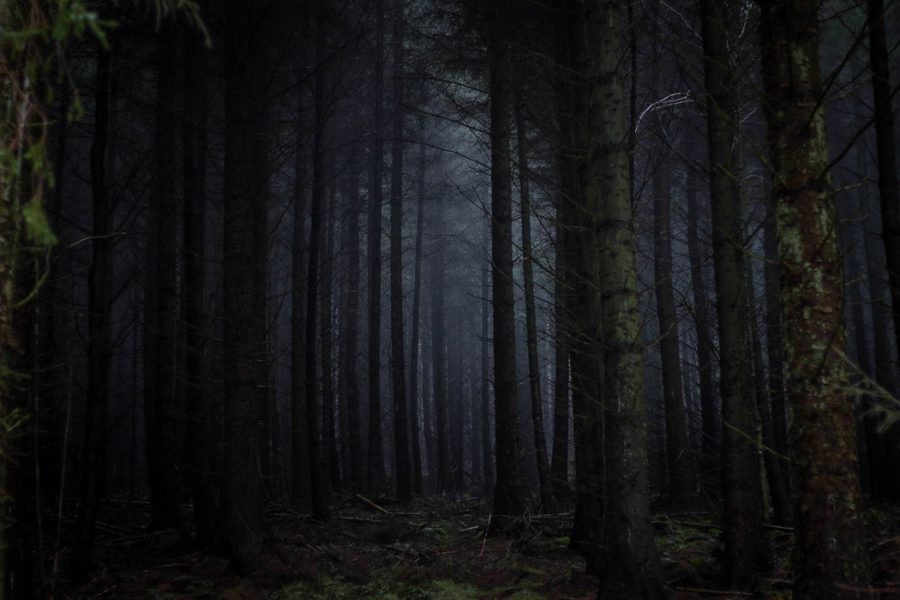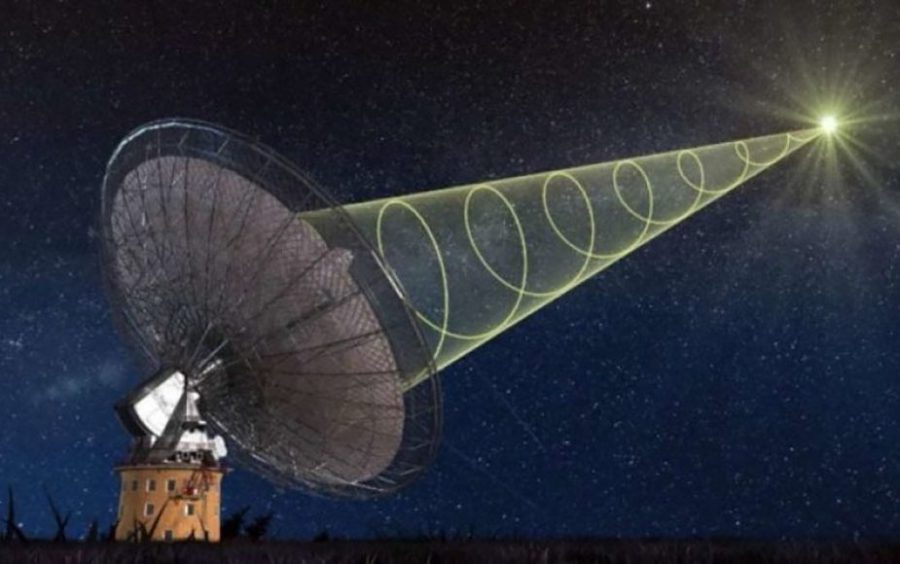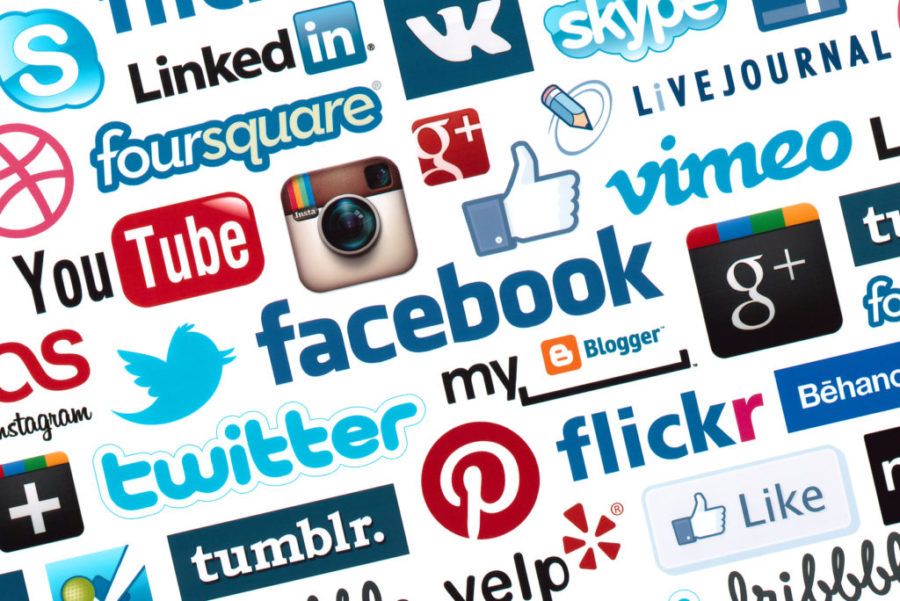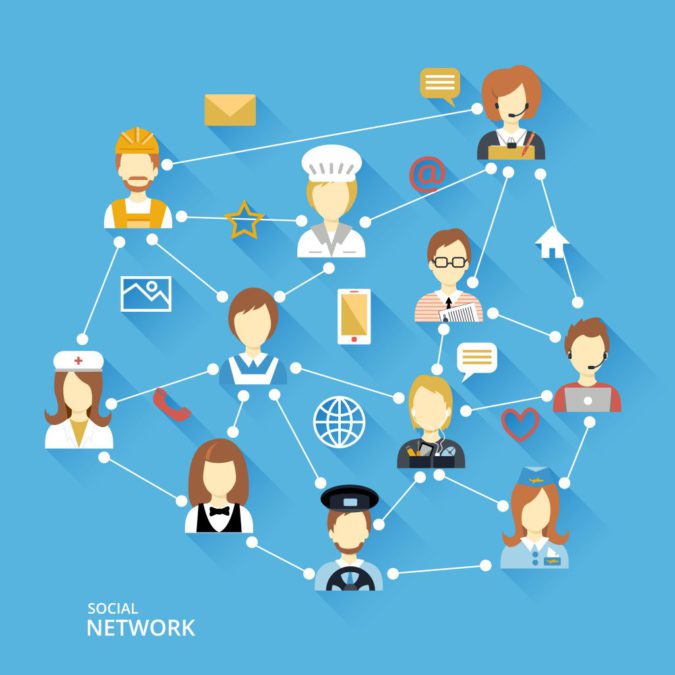An attempt to transfer a popular scientific and philosophical theory to the modern paradigm of the Internet …

Original material by Yancy Strickler
In the sci-fi trilogy The Three-Body Problem, author Liu Qixin presents the theory of the 'dark forest' of the universe. As stated in theory, when we look into space, we are struck by the silence. It seems that we are alone here. After all, if there were other life forms, would they not appear to us? Since this did not happen, then we assume that we are alone in space. However, the author invites us to look at this from a different angle.
Imagine a dark forest at night. Afterlife silence. Not a single movement. Not a single wiggle. This can lead the observer to believe that there is no life in the forest. But of course it is not. The dark forest is full of life. It was quiet because night is the time for predators to be active. The animals were quiet to survive.
And yet, what is our universe – an empty forest or a dark one? If the second option, then only earthlings were stupid enough to ping the heavens, declaring their presence. The rest of the universe already knows the real reason for the silence of the 'forest'. And this knowledge will eventually comprehend the Earth.

This is exactly what is happening with the Internet: it is turning into a 'dark forest'. In response to the dominance of advertising, tracking, trolling, hype waves and other predatory tendencies, we run into a dark virtual forest away from the mainstream.
This material itself is already proof of this idea. The theory described here was first published on a private channel that is read by 500 people, I either know them, or they themselves declared their desire to receive updates. This is the online environment where I feel most secure. Here I can maximize 'be myself'.

Podcasts are another example. In them, ideas are expressed not only through language, but also through intonation and interaction. Podcasts are the place where, after a bad joke, you can save the day with a deliberate joke with a grain of self-irony. This is a more liberal environment for communication if you look at the Internet in general.
Dark forest affiliates such as newsletters and podcasts are areas of strong growth, as are Slack channels, private accounts Instagram, invite forums, interest groups, Shapchat, WeChat, and more. . Facebook with their groups is trying to move in the same direction, in the process trying to rebuild the understanding of privacy.
In such channels, a relaxed dialogue becomes possible, because this environment is not indexed, optimized, or gamified. The culture of these spaces has more in common with the physical world than with the Internet. The Internet today is a battlefield. The idealism of the Internet of the nineties has sunk into oblivion. The utopia of the web 2.0 – where we all lived in bubbles of happiness – culminated in the 2016 U.S. presidential election. Then we became convinced that it was possible to turn into weapons the tools we thought saved us. The 'dark forest' keeps growing.

This is because such channels provide psychological and reputational cover. They allow us to be ourselves because we know who else is there. Compared to the unregulated communication style of mass channels, with their high risks, high incomes and limited moderation, the spaces of the 'dark forest' are closer to the Scandinavian way in their values and social and emotional protection. Having a discreet audience mitigates both the disadvantages of not looking our best online and the positives of our best jokes. And more and more people are making the choice in favor of such spaces.
Bowling club theory
I crossed over to the dark side of the internet a few years ago. I deleted all social media clients from my phone, unsubscribed from everyone, full of stuffing. And this was without a doubt a good decision. Since then I have become happier and have better control over my time. Many others have done this, have done that. Generation of modern pseudomonks.
But even as my well-being improves, I see certain risks in these changes. Someone would argue that because of these decisions, I left the arena of life. I disconnected from the general stream of discussions. I stopped watching TV. I stopped reading Facebook and Twitter. My 'voice' has ceased to 'sound' on platforms where discussion takes place, the reason for this is the risks posed by my posts, chains of events and other side effects.
The disconnection did not occur only in politics. It is reflected in the way I share my personal life. Important milestones in life for me and my family have not gone beyond our virtual 'dark forest', despite the fact that many friends and family members would be happy to know about these events.
Those of us who create the 'dark forest' underestimate how powerful mass channels are.
Not to share is, by itself, my choice, and I do not question it. My alienation from the mass was their loss, not mine. But has this choice deprived me of something more meaningful?
Not everyone who has joined the bowling league loves the sport. Many people like, first of all, to be with other people, and bowling is already in second place or is not taken into account at all. It's important to be together. And where it will be – side.

This is the 'bowling alley theory' on the Internet: people go online solely to meet and meet, and ultimately the places where we gather become a background background compared to the interaction and communication itself. Where did we meet, MySpace, Tinder, LinkedIn? What's the difference? When I left the network for my own well-being and productivity, I stopped going to these 'clubs'. But recently I started to doubt this decision.
It reminded me of what happened in the seventies, when hippies, battered and covered in blood from the culture wars of the sixties, sought refuge in moral improvement, healthy lifestyles, and personal growth, as documented by Adam Curtis in his series The Century of Self). Although they turned their gaze inward, the victors of the wars of the sixties took over the leadership of society. The focus on personal well-being has created a subtle side effect: withdrawal from public space and a shift in the distribution of power.

I believe that such a shift from the mainstream internet to the 'dark forest' could permanently limit the influence of the mainstream internet and deprive it of legitimacy. The story of the influence of the Internet on broadcast television is being repeated in a way. But we forgot how powerful television is. And those of us who create the 'dark forest' underestimate how powerful mass canals are and how insignificant our safe havens are compared to their monstrousness.
The influence of Facebook, Twitter and other channels is huge and will not go anywhere. The significance and tone of the rhetoric of these platforms varies depending on who is using them. The type of 'bowling alley' is determined by those who visit it. If the 'dark forest' is not dangerous enough yet, then this separation will make it so.
Original material by Yancy Strickler
The author’s position about moving away from everywhere has been spinning in my head for a long time. Probably, there is a certain information “overdose”, but due to the nature of additional activities, you have to spend a fair amount of time on the network, whether it be reviews, translations or searching for information. But so far, a complete detox does not seem to be a reasonable solution. I try to limit myself, but it doesn't always work out.
But what if, in fact, the internet breaks down into such independent and negativity-free groups? Will it get worse or better? Or is it only advertisers who will lose? The aggression of the latter is directly proportional to the user's activity, and there is no getting away from this. It seems to me that a single time timer on the network is not enough. We act and we decide how to behave in the network. Or is it just another contrived problem?
